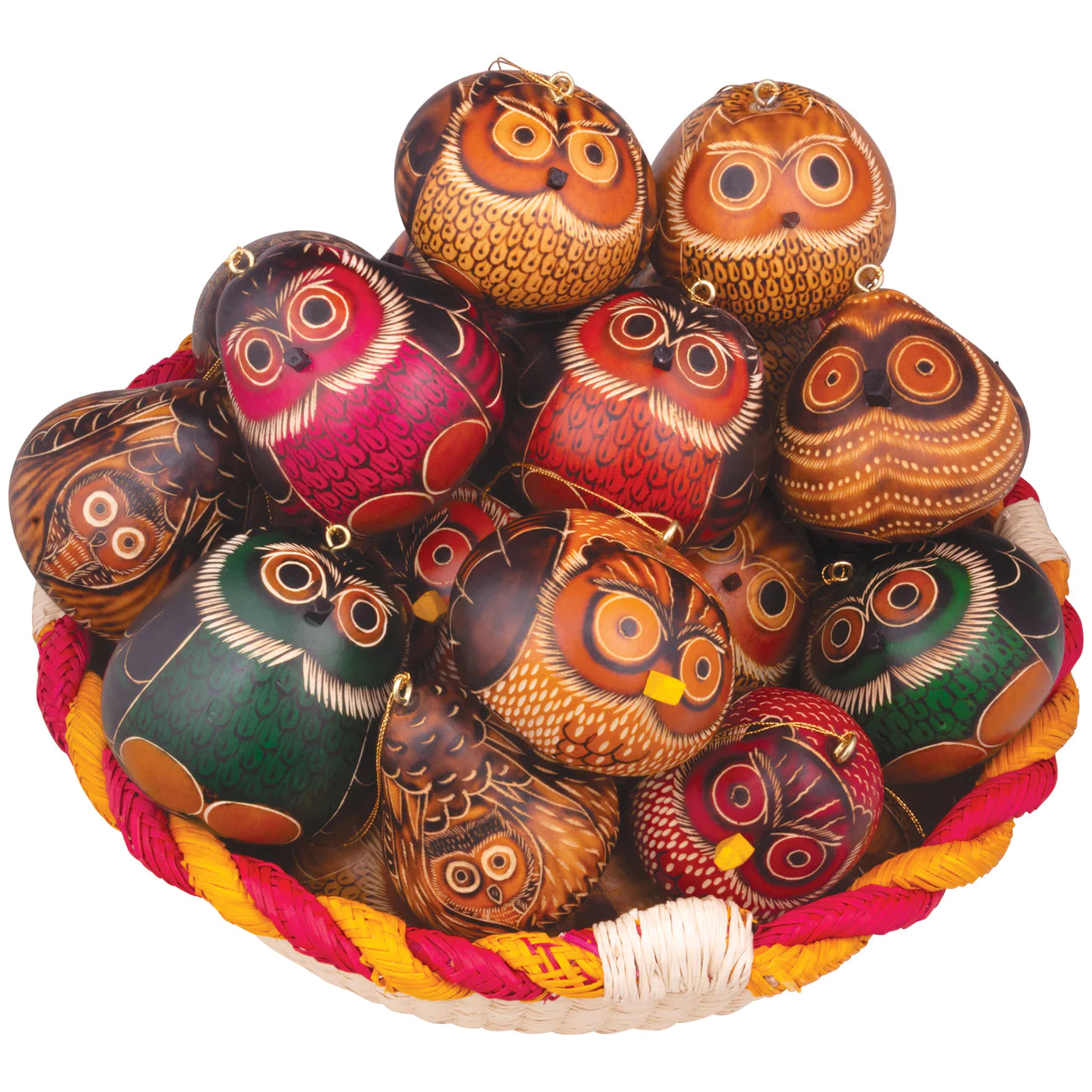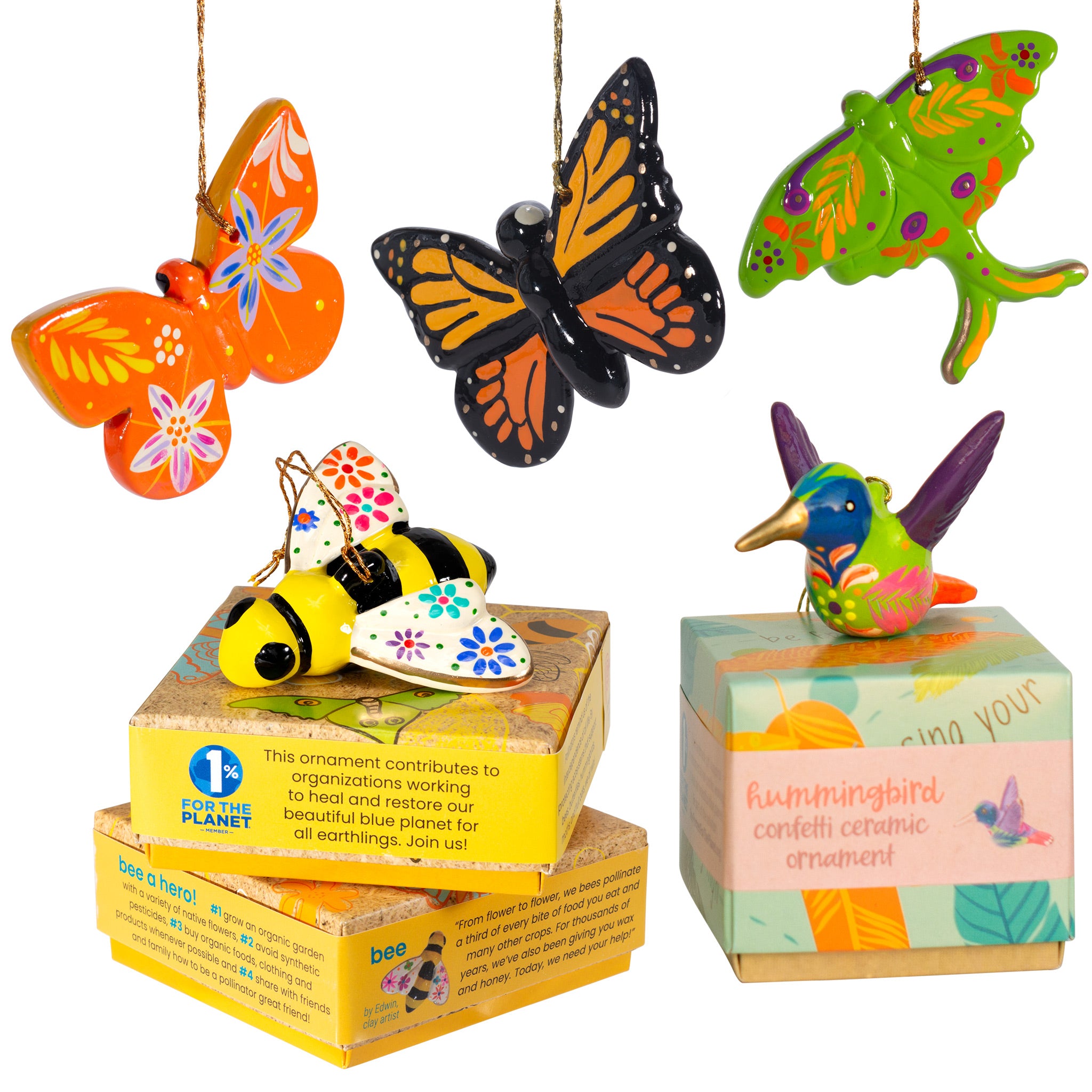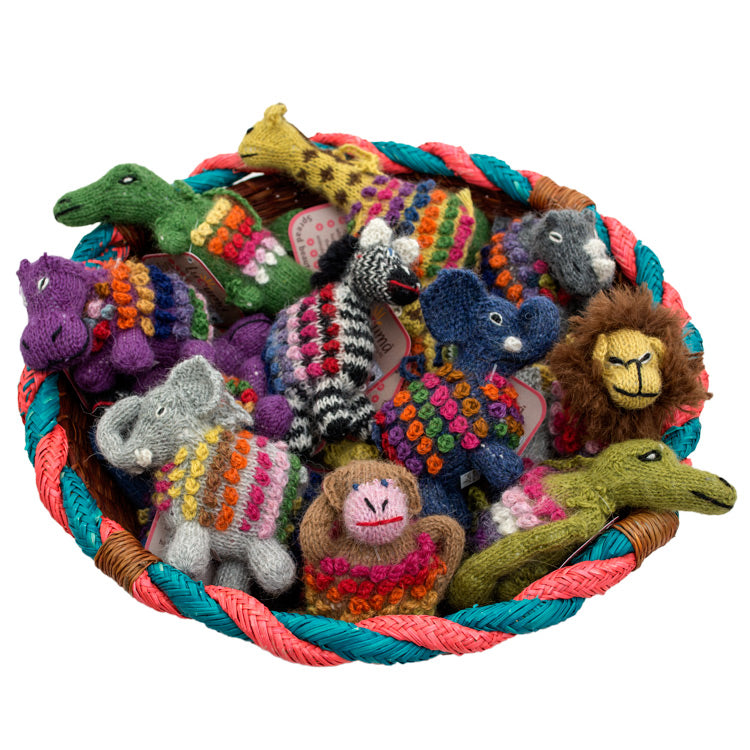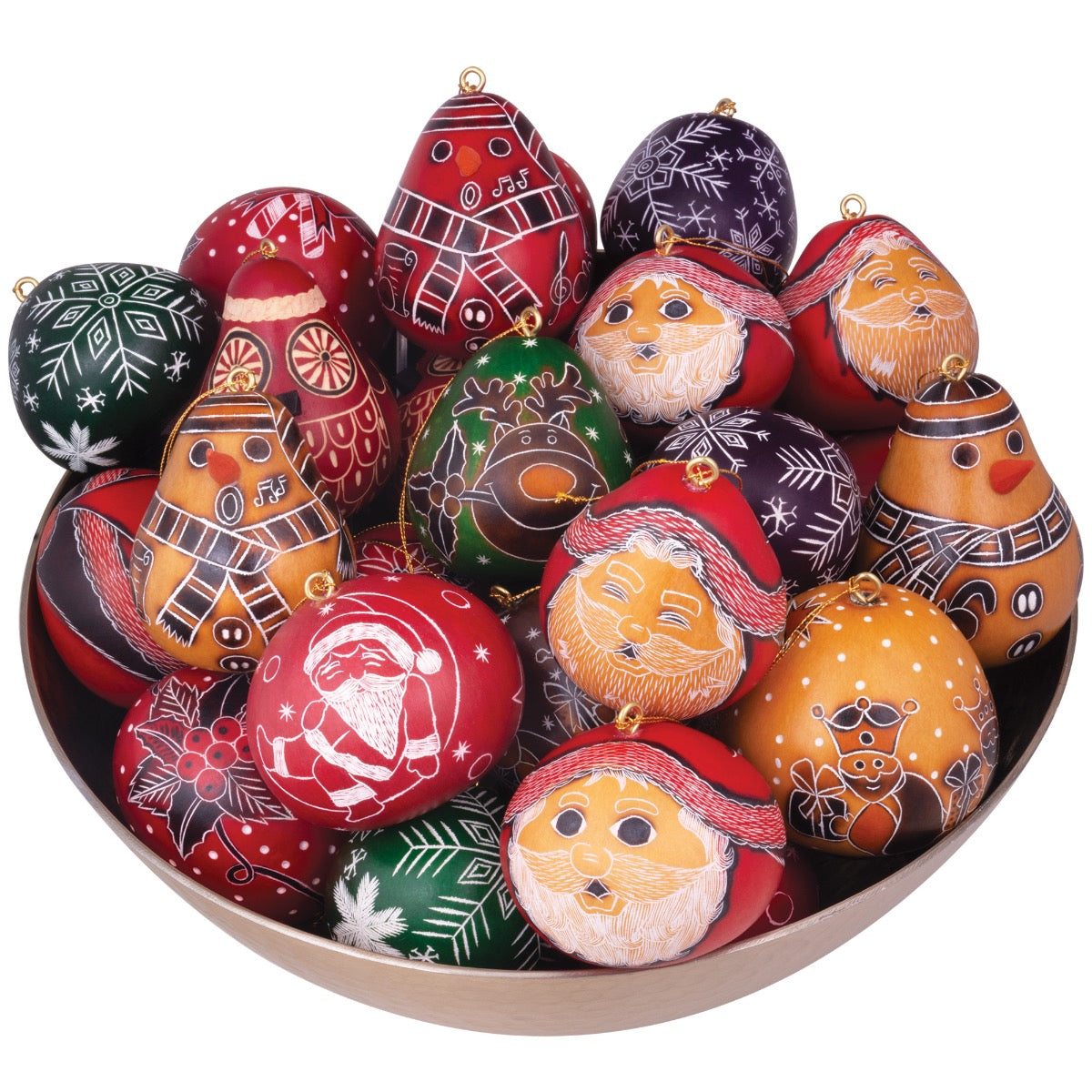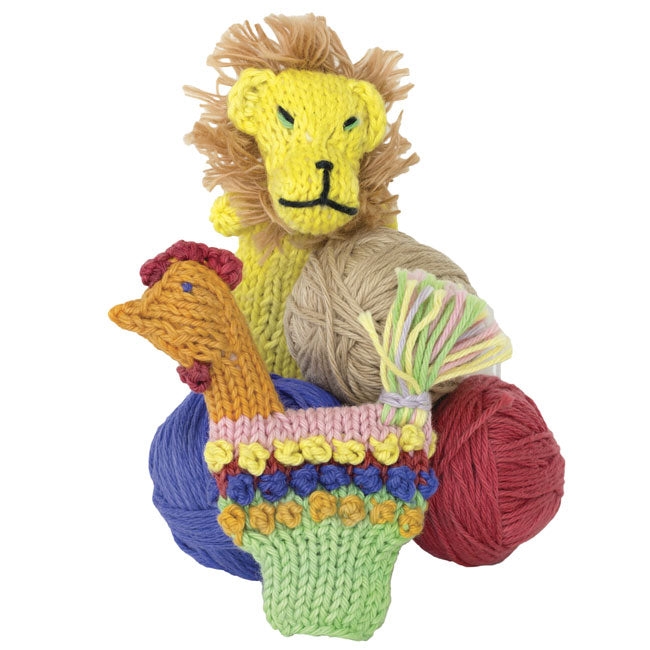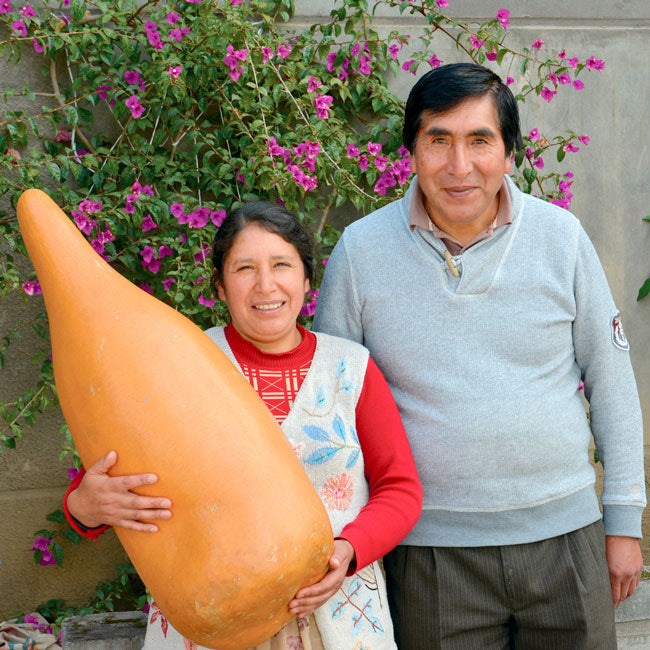Puno Travel Log: Meeting Nifty Knitters
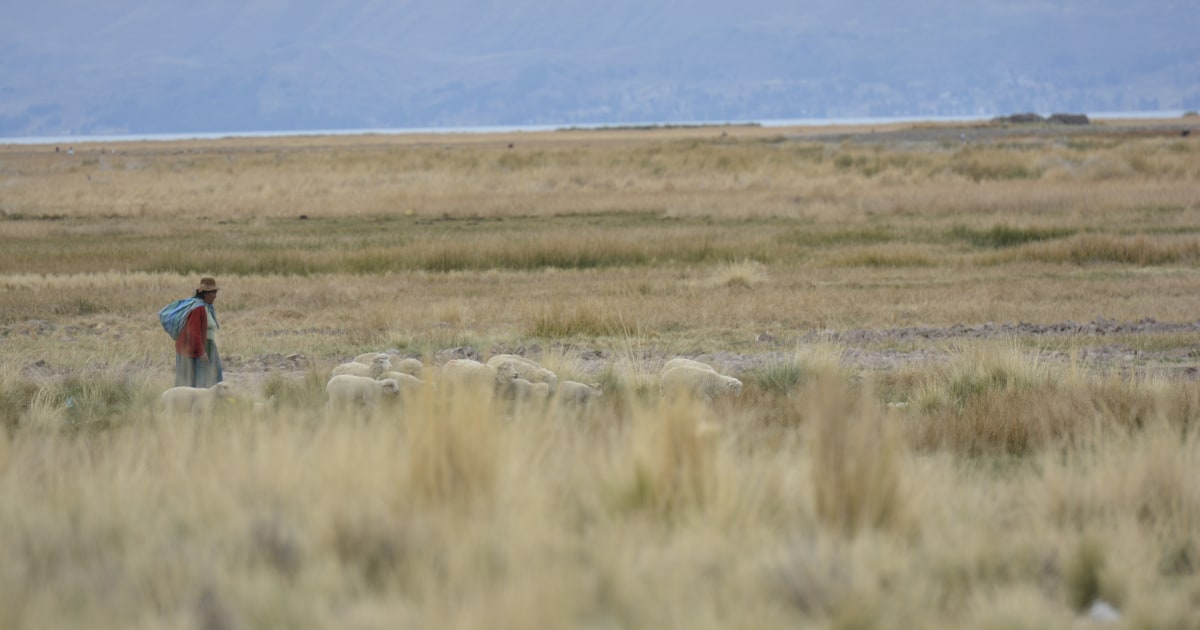
Arriving to Puno and Adjusting to Altitude
Sunday, October 21, 2018
Alessandra: Flying to Puno at 12,500 feet above sea level straight from Lima, which is at sea level, is no joke. A much gentler way, if time permits, would be to travel halfway to a city such as Arequipa, to get somehow acclimated for a couple of days before going up to the Altiplano of Puno. Fortunately, Don and I have done this trip many times and have a routine that works for us. From the airport in Juliaca, we got a taxi ride straight to our hotel in Puno. During our hour-long ride I could already feel my head getting heavier. After checking in, and having the customary coca tea, we went straight to our room letting the hotel help carry all our suitcases the 3 stairs up to avoid any unnecessary extra physical effort. We got straight to bed and slept for at least 3 or 4 hours to give our bodies a chance to adjust. This usually does the trick and after our nap, my head was feeling lighter already. The effect of the altitude is always present, and there is a need to move really slowly and cautiously. But at least at this point, we can go out in the city and walk around. Tomorrow, we will feel even better.
Knitters Meeting - Monday, October 22, 2018
Alessandra: This morning we had a meeting with our knitting artist leaders, Aida, Edith, Lino, and Daria. The time was right to bring them all together in one room as we had never done so before. I am pleased we had a productive working time. Our team visited more recently, but my last time was four years ago so I have lots of questions, and maybe also a little anxiety about the future in these rapidly changing times we live in. I think Don and I have been pondering for a while what may come next? In the 20 years we have been working in this region, the population of knitters has grown older and we worried that the younger generation may not be as interested in knitting anymore. I also felt I needed somehow to re-discover my own passion as to why we are working here and get a better sense of what we are accomplishing. Listening to our group leaders directly about their personal stories and about how the knitting work is helping their team was enough to bring back our optimism and renewed enthusiasm for the work we do. We also came out of this gathering with some ideas on how to go forward together and collaborate better.
It was great that Lino brought his daughter Alejandra, a smart girl who just graduated from high school and is considering going to law school. Aida came also with her daughter Nancy who has recently graduated with a management degree. She is involved in the family business and also knits to stay at home with her new baby. This is just an example of how the younger generation is keeping involved and it was refreshing to see that. The fact is that even with a college degree, not all graduates are able to find positions in the local economy, so knitting puppets is still seen as an opportunity to support their families.
One of the important topics that we touched in our meeting was our intention and plan to discontinue acrylic puppets, which kind of shocked them. So I am happy that we talked this over together so we can come up with solutions. During this chat, we learned that acrylic puppets are easy to wash and knitters are able to work on the field while caring for their animals or tending their crops--which is really important. Many of our partners said that the other fibers are much more delicate so they need to be knit at home in a clean environment. Regardless, something came out of our conversation as Lino suggested a different kind of fiber that will still be ecologically friendly at a reasonable price, so we will be exploring this idea soon. It is our goal to make this transition smoother for everyone.
We showed them our full catalog so they could see our other collections from other artist partners in Peru, and they were nicely impressed. I also wanted them to see our puppet pages so they could understand how we are promoting and marketing them and show how their work is valued and represented.
Alessandra: Don what did you enjoy about our meeting this morning?
Don: It was good to get everyone together, to talk with them, try to come up with ideas, and understand how things are going. Some of them didn't know each other and I just felt like it was a good group and a good meeting. We will have to work on the specifics but I think we have some good ideas and opportunities.

Tuesday, October 23, 2018
Alessandra: It seems that in the past four years, the city of Puno has expanded tremendously. It seems that people from distant communities are coming to the city in larger numbers. It is a little sad, but understandable that families are searching for better services including the connection to technology and access to WiFi, which they may not have in their remote villages, as well as hope for better education for their children. On the main street in downtown Puno, I didn’t see as many tourists as I had in the previous years. The restaurant and shop scene felt outdated and stagnant and I didn’t see the vitality we had experienced at other times and that is not a good sign for the local economy.
Alessandra: What's your impression of Puno?
Don: It certainly seems that there's construction everywhere, and there's a lot of infrastructure projects, there is a new university, and there's also more tractors in the fields… We see there is certainly money moving around but it's very unclear how well distributed. For sure you can tell that things are changing. We can only hope for the best of the people living here, and I hope we can get a better sense of the local economy while we are here.
Alessandra: We are on our way to Chucuito to meet with Edith and her group to do some filming of their knitting. It's a little bit cloudy, which is perfect! The road from Puno to Chucuito is breathtaking. The landscape is always amazing, the fields, the lake, the mountains, the rocks, this is really a special place and you can feel it in the air!
We found a great spot, in an open field overlooking the Titicaca lake and got a chance to film while experiencing a little bit of the countryside daily life. This communal field is used as a pasture, so people had left their animals including their cows, sheep, and pigs earlier. As the afternoon progressed, they were coming back to pick them up. With this, we got a chance to see several of the neighbors.
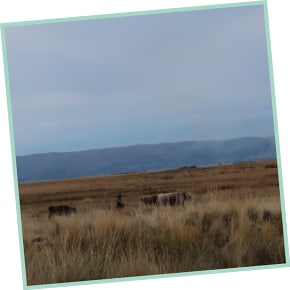 |
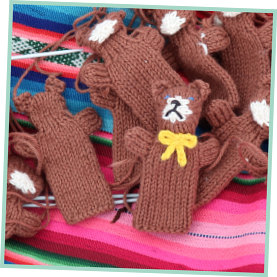 |
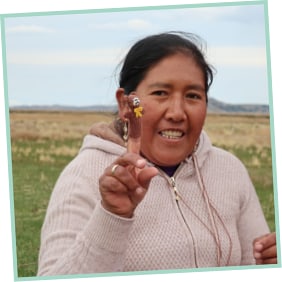
Alessandra: While we were chatting with Edith and Veronica, to everyone’s surprise, a boy arrived in a motorcycle to pick up his two pigs! We couldn’t help but share a laugh with our knitters, because the noise his motorcycle made scared his pigs away. While we shared some amusement, we also reflected on how this was just another example of how “modernity” is changing and transforming everything around them. We can’t ignore that the younger generation expects a different kind of life, and things are by default changing rapidly within this traditional agricultural community.
Edith is a single mom and the sole provider for her five-year-old and 11-year-old girls. Thanks to knitting puppets, she has been able to graduate from college and provide for her kids. She's really grateful for that, and it was nice to hear it from her. She also shared how important it is to her to work from home to be available for her kids, and educate them properly.
Don: I think it was great to see--you know, that Edith and Veronica and Petrona--they all seem happy and they're doing good with the puppets. Puppets are an important part of their lives, so it's always good to know that things are working out. We heard the same from others yesterday, that there are still lots of people who are very happy making puppets.
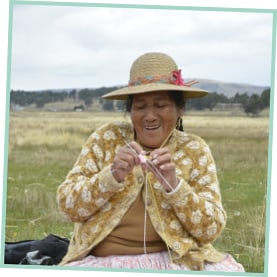 |
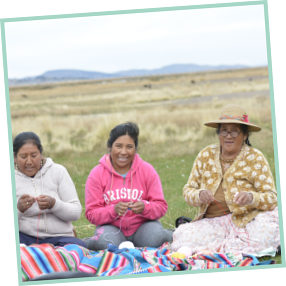 |
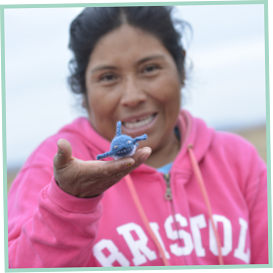
Alessandra: I asked Edith about what was significant for her about our meeting yesterday and she was also happy that we were all together, and learning about the other groups and sharing ideas. So I also look forward to find new ways to collaborate more in the future.
I enjoyed our filming session, and chatting with Edith, Veronica, and Petrona, while seeing them knit at an amazing speed! We also heard again why this work matters and got a chance to interview them a little bit and hear their stories. Without much pre-planning, I feel we accomplished a lot today.
Don: It was impressive to see them make a puppet in half an hour. I mean, they are just so fast and so talented, that it is always amazing to watch how well they do it and all by hand, so it's just nice to see.
Alessandra: As we return from Chucuito to Puno we see lights expanding everywhere. As Edith mentioned, people are seeking better education for their kids and that is also driving the city growth.
Wednesday, October 24,2018
Alessandra: Today, we visited the craft market by the port where the daily tour boats depart to the island of Taquile about 3 hours from Puno. We wanted to check out what may be available locally and bought about 15 sample acrylic puppets from the “black market.” They cost us just one sol each--that's a third of a dollar or less. This left us wondering what's going on in this market, as it seems there's definitely an oversupply of knitters who are willing to work for very little. That is sad as it's today not that different than how it was 15 years ago. And so the population in this area is still deeply in poverty, especially in the surrounding communities where there is even less access to opportunities than in the city. So, even as our knitters work hard to keep higher standards of quality, and we strive to help differentiate their work even more with exclusive natural fibers not found normally in the normal market, there is plenty of competition around pushing this market to the bottom.
Our final day in Puno - Thursday, October 25, 2018
Alessandra: Today we had a chance to film Elvira knitting an alpaca ornament. Lino drove us to a “mirador,” overlooking the lake. Elvira, who is now 50 years old, started to knit when she was nine. She has five kids, the oldest is around 32 and her youngest 16. She is now also a grandma and takes care of her five-month-old and three-year-old grandchildren from her daughter, who is a nurse at the hospital. Babysitting prevents her from knitting as much as she used to, but she is happy that her daughter, who also used to be a really good knitter, is now a professional.
Elvira has been working with this group for about 16 years when she moved to Puno from her town, and she's proud to be one of the few that likes to create new animals. She enjoys doing prototyping and claims that she created our alpaca ornament! So it was pretty cool to see her knitting it, although not all the way from start to finish but we saw a good amount of the process!
Alessandra: Don, what were the highlights of your trip?
Don: I think that we have a lot of good ideas. I think that there's a lot of enthusiasm and one of the ideas we have is trying to use the puppets to teach English, Spanish and then also maybe Quechua and Aymara. I think it will be a great way to bring cultures together with the help of our puppets.
Alessandra: We came to Puno as a last-minute thing with barely any planning after our calendar unexpectedly opened for us. We were able to catch up with our knitters to better understand where they are, as far as their mindset and work, and what they may need from us. After visiting them, I’m happy to return with a renewed sense of purpose and reassurance that our work is still worth pursuing.
Wednesday, October 24,2018
Alessandra:Today, we visited the craft market by the port where the daily tour boats depart to the island of Taquile about 3 hours from Puno. We wanted to check out what may be available locally and bought about 15 sample acrylic puppets from the “black market.” They cost us just one sol each--that's a third of a dollar or less. This left us wondering what's going on in this market, as it seems there's definitely an oversupply of knitters who are willing to work for very little. That is sad as it's today not that different than how it was 15 years ago. And so the population in this area is still deeply in poverty, especially in the surrounding communities where there is even less access to opportunities than in the city. So, even as our knitters work hard to keep higher standards of quality, and we strive to help differentiate their work even more with exclusive natural fibers not found normally in the normal market, there is plenty of competition around pushing this market to the bottom.
Our final day in Puno - Thursday, October 25, 2018
Alessandra: Today we had a chance to film Elvira knitting an alpaca ornament. Lino drove us to a “mirador,” overlooking the lake. Elvira, who is now 50 years old, started to knit when she was nine. She has five kids, the oldest is around 32 and her youngest 16. She is now also a grandma and takes care of her five-month-old and three-year-old grandchildren from her daughter, who is a nurse at the hospital. Babysitting prevents her from knitting as much as she used to, but she is happy that her daughter, who also used to be a really good knitter, is now a professional.
Elvira has been working with this group for about 16 years when she moved to Puno from her town, and she's proud to be one of the few that likes to create new animals. She enjoys doing prototyping and claims that she created our alpaca ornament! So it was pretty cool to see her knitting it, although not all the way from start to finish but we saw a good amount of the process!
Alessandra: Don, what were the highlights of your trip?
Don: I think that we have a lot of good ideas. I think that there's a lot of enthusiasm and one of the ideas we have is trying to use the puppets to teach English, Spanish and then also maybe Quechua and Aymara. I think it will be a great way to bring cultures together with the help of our puppets.
Alessandra: We came to Puno as a last-minute thing with barely any planning after our calendar unexpectedly opened for us. We were able to catch up with our knitters to better understand where they are, as far as their mindset and work, and what they may need from us. After visiting them, I’m happy to return with a renewed sense of purpose and reassurance that our work is still worth pursuing.

